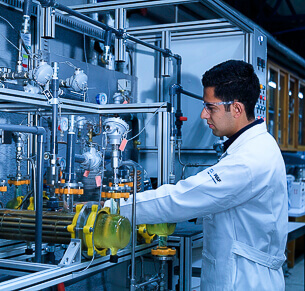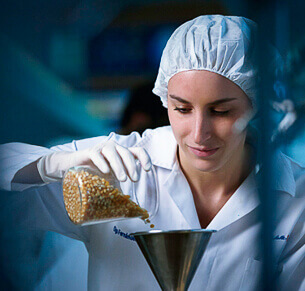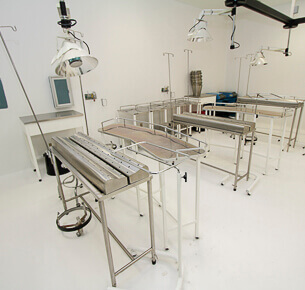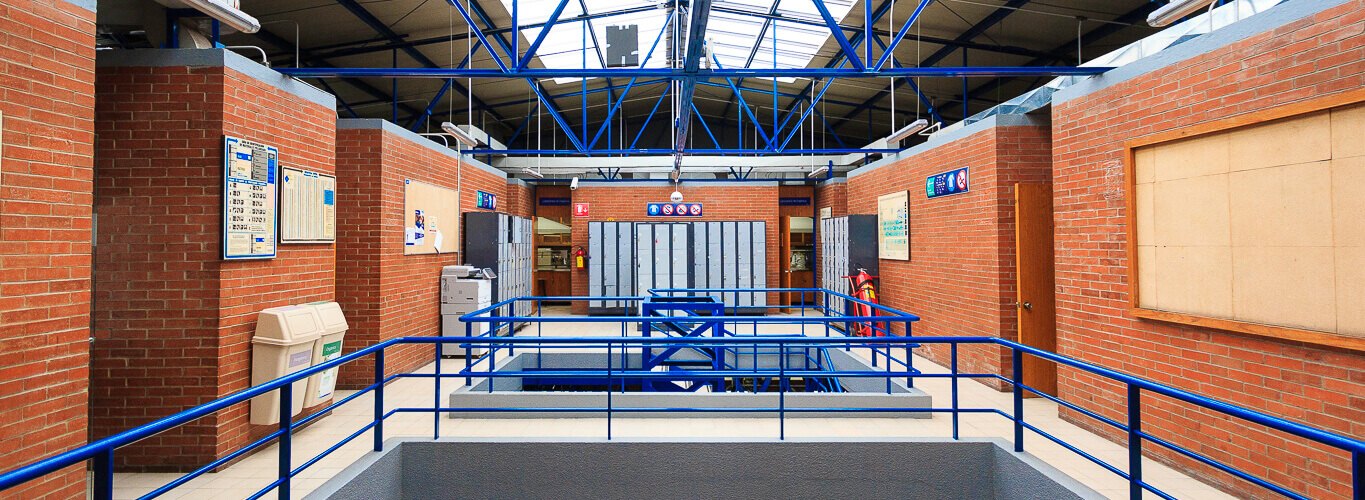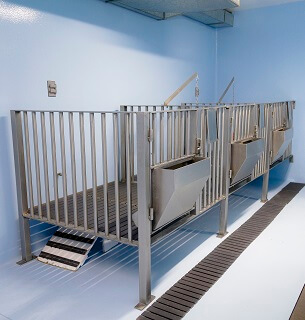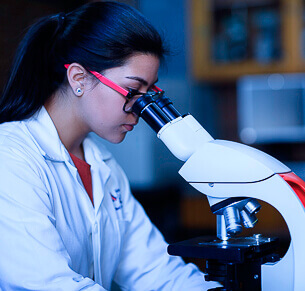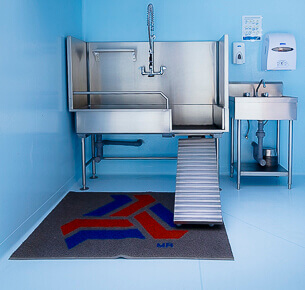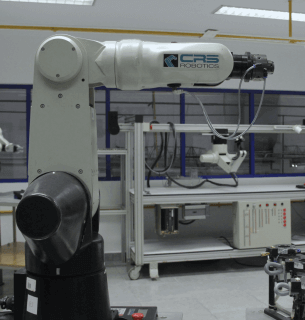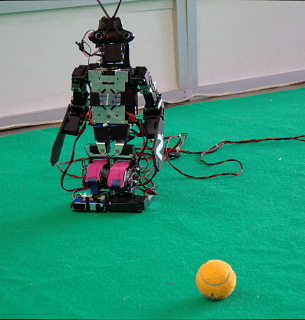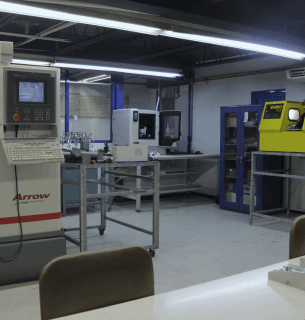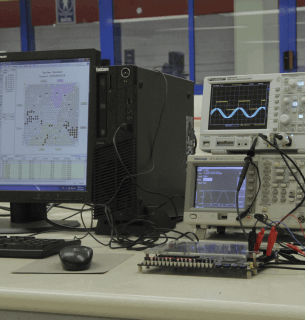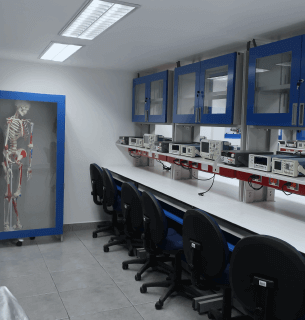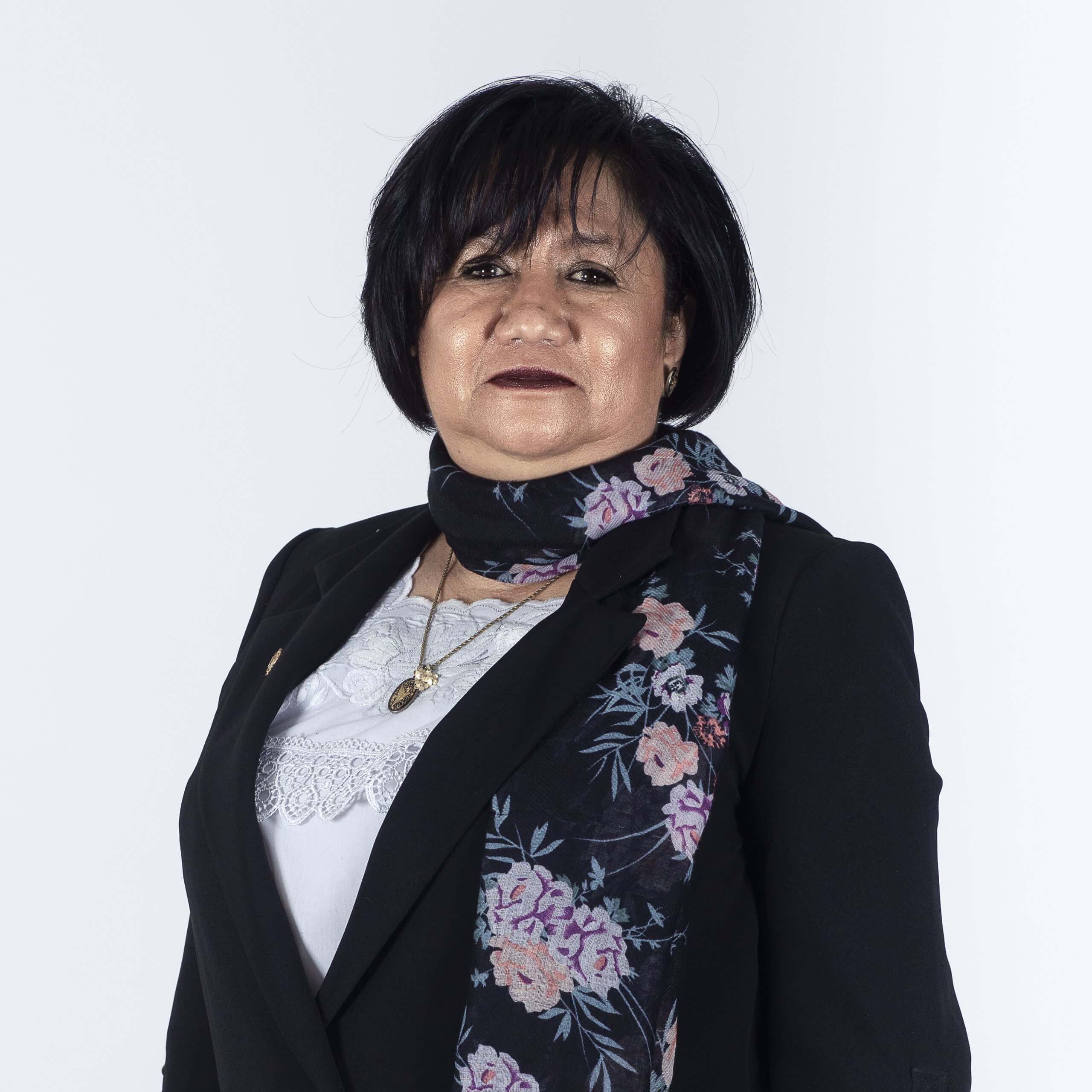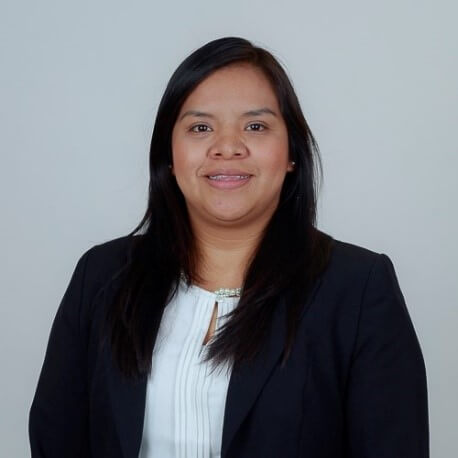Community
Mision
The Research Vice-Rectory is committed to the generation, application, transfer, dissemination and dissemination of knowledge and social innovation, through the comprehensive training of professional entrepreneurs and the consolidation of experts with a humanistic, global, creative, transdisciplinary vision, sustainable and socially responsible.
Vision
By 2025, consolidate La Salle University as the global, humanistic knowledge community, leader in the tasks of Research, Development, social innovation, transfer, communication and dissemination of knowledge based on a transdisciplinary and sustainable culture.
Values
- Respect for Human Dignity as a primary factor for the common good, peace and social justice.
- Social Transformation from the generation of knowledge.
- The Recognition of the other from the interaction with their knowledge and through respect for their autonomy.
- Ethics, Morality and Excellence as a way of life.
- The Comprehensive Training of teaching staff, students and collaborators
- The Collegiality of our projects, proposals and actions.
- Innovation as a fundamental element of administrative academic management.
Goals
The main objectives of the Research Vice-Rectory are guided by the Research, Development and Innovation (R+D+i) Rector Program of La Salle University Mexico. In particular, the Vice President for Research has focused on:
- Strengthen R+D+i as a substantive function of the university, which is inclusive and permeates the different levels of education, from high school to postgraduate.
- Develop R&D projects that meet high social impact needs with a transdisciplinary vision, within the framework of the Institutional Research Lines.
- Consolidate a governance model for the administration and management of R&D&i with impact indicators that allow strategic decisions to be made to strengthen R&D&i in the university.
- Integrate into the institutional culture the elements necessary to strengthen R&D&i.
- Consolidate the career of research staff and teaching staff; of young researchers and entrepreneurs; strengthen the IG+D+i; and the publishing offer of the university.
- Develop a model of linkage, internationalization and sustainability of R+D+i that fosters collaboration for the generation of inter and transdisciplinary projects, academic exchange, knowledge transfer, as well as obtaining external resources.
In order to achieve the mission, vision and objectives set forth in the Rector´s Program for R&D&i, there are six Strategic Lines of Development:
- R&D&I as a trigger for social transformation.
- Management and Evaluation of R+D+i.
- Diffusion and Culture of R+D+i.
- Strengthening of R&D&i.
- Financing and Infrastructure for R+D+i.
- Linking, internationalization and sustainability of R&D&i.
1962

La Salle University emerged this year in response to the social needs of our country, with the leadership and tenacity of Brother Manuel de Jesús Álvarez Campos.
It would be difficult to speak of the exact moment when research began at our University, because there were a large number of undocumented initiatives before the first institutional efforts began.
1985

The Research Coordinating Committee (C.C.I) published a brochure, where with a prospective look, it tried to broaden the horizon of the research so that it could be formally established at the University.
1988

The research coordinating committee organizes the First Institutional Research Contest with the name of “Master Salvador Gonzalez”.
1991

The appointment of the Directorate of the Research Center was granted to Dr. Araceli Sánchez de Corral, and on November 3 of this same year, the Research Center was created.
1992

The Research Coordinating Committee disappears and the general program of “Research Consolidation at ULSA ” arises, prepared by the Vice-Rectory with the collaboration of members of the Full-Time teaching community, Mtro. Jorge Muñoz Batista and Dr. Araceli Sánchez de Corral.
This same year, the Research Development Maintenance and Service Laboratory (LIDMAS) was divided into two sections and the Research Laboratory part and the Maintenance and Service area were created, which are the origins of the current IT sub-directorate.
Similarly, tasks began to concentrate those who performed research activities in a space dedicated exclusively to them. This space is where the facilities of the Faculty of Business are currently located.
1993

Reports 92-93 of the Research Center and the first number of the Ecological Supplement and the Ecological Gazette are published.
The First Research Days are organized, with the participation of 130 students with 67 works, where the award is resumed. “Brother Salvador González” in its third edition.
The first issue of the Research Center Magazine (RCI) is published twice a year.
1995

The agreement is signed with the National System of Researchers (NSR).
1996

The ULSA lines of research are published in number 30 of the University Reflections collection.
1997

The National Registry of Scientific and Technological Institutions (RENIECYT) is obtained from the National Council of Science and Technology (CONACYT) for the period 97-99.
1998

Approval was obtained from the University Council of a structure to integrate the Postgraduate and Research Directorate (PRD) into a single unit.
1999

The re-registration in the National Registry of Scientific and Technological Institutions of CONACYT for the period 1999-2001 is obtained and the entry of the first four members of the research community in the SNI is achieved.
2001

The first meeting of the Red-RIILSA is held and the elaboration of the Governing Program for research is promoted, which is approved in 2003 by the Governing Board of the University, and in whose elaboration the participation of the university community was favored.
2004

The Postgraduate and Research Directorate moves to a new building.
2005

The Management of Dr. Ambrosio Luna Salas begins as director of the DPI.
It participates in Academic Networks and Commissions such as the FIMPES Research Commission, COMIE (Mexican Council of Educational Research); RIILSA (La Salle International Research Network), for 2005, the Coordination of this network was in our institution.
2006
In the month of August, Miss María Teresa Estrada Alvarado was appointed Director of the DPI.
2008

RENIECYT’s accreditation is renewed and CONACYT grants it definitively and only a report will have to be delivered every three years with the activities carried out.
2009

As of June of that year, the assignment of the Research personnel belonging to the DPI, together with the academic master’s programs, was transferred to the Schools for their strengthening.
2013

A new Agreement was signed with CONACYT, to incorporate the members of the scientific and technological community of higher education in the country, to the National System of Researchers (SNI), where it is established that CONACYT will contribute, through the SNI, the entire amount of economic stimulus to those who make up this system and work in private institutions.
2014

The new Governing Program for Research, Development and Innovation 2014-2018 is authorized by the Governing Board.
The XVI Lasallian Research, Development and Innovation Contest, “Master Salvador Gonzalez”.
2018

With the support of our authorities, the SNI was increased from 5 to 32 members within the 2012-2018 period, representing an increase of 540%.
The number of knowledge products generated by La Salle University increased. Also as part of these achievements, according to the Scopus database.
2019

The new Governing Program for Research, Development, Social Innovation and Postgraduate Studies (PRIDiP) of Universidad La Salle México, 2019-2025, is approved.
The institution has almost 50 people dedicated to carrying out research activities, of which 80% belong to the National System of Researchers, 25 Research, Development and Innovation Groups and 40 Lines of Generation and Application of Knowledge are registered.
Management Team
Dr. Eduardo Gómez Ramírez
Dr. Eduardo Gómez Ramírez
Vicerrector de Investigación
Ext. 3100
eduardo.gomez@lasalle.mx
Dr. Roberto Antonio Vázquez Espinoza de los Monteros
Dr. Roberto Antonio Vázquez Espinoza de los Monteros
Coordinación de Investigación
Ext. 3103
roberto.vazquez@lasalle.mx
Dra. Adriana Rojas León
Dra. Adriana Rojas León
Jefatura de Innovación y Transferencia
Ext. 3109
adriana.rojas@lasalle.mx
Mtra. Esther Vargas Medina
Mtra. Esther Vargas Medina
Jefatura de Gestión y Evaluación de Proyectos
Ext. 3104
esther.vargas@lasalle.mx
Mtro. Aarón Rodríguez Delgado
Mtro. Aarón Rodríguez Delgado
Coordinación Administrativa
Ext. 3101
aaron.rodriguez@lasalle.mx
Head of Departments
Dra. Claudia Ivette Pedraza Bucio
Dra. Claudia Ivette Pedraza Bucio
Jefatura del Departamento de Arquitectura, Diseño y Comunicación
Ext. 3102
claudia.pedraza@lasalle.mx
Dr. Tomás Eduardo Chávez Miyauchi
Dr. Tomás Eduardo Chávez Miyuachi
Jefatura del Departamento de Ciencias Químicas
Ext. 3111
tomas.chavez@lasalle.mx
Dr. Jorge Valtierra Zamudio
Dr. Jorge Valtierra Zamudio
Jefatura del Departamento de Derecho
Ext. 3110
jorge.valtierra@lasalle.mx
Dr. José Ricardo Bernal Lugo
Dr. José Ricardo Bernal Lugo
Jefatura del Departamento de Humanidades y Ciencias Sociales
Ext. 2909
ricardo.bernal@lasalle.mx
Dra. María Guadalupe Flores Sánchez
Dra. María Guadalupe Flores Sánchez
Jefatura del Departamento de Ingeniería
Ext. 3110
guadalupe.flores@lasalle.mx
Dr. Gilberto Guzmán Valdivia Gómez
Dr. Gilberto Guzmán Valdivia Gómez
Jefatura del Departamento de Medicina y Salud
Ext. 2811
gilberto.guzman@lasalle.mx
Dra. María del Carmen Lozano Arizmendi
Dra. María del Carmen Lozano Arizmendi
Jefatura del Departamento de Negocios
Ext. 311
carmen.lozano@lasalle.mx
Administrative support
Graciela Urbina Barrientos
Graciela Urbina Barrientos
Asistente
Ext. 3102
graciela.urbina@lasalle.mx


